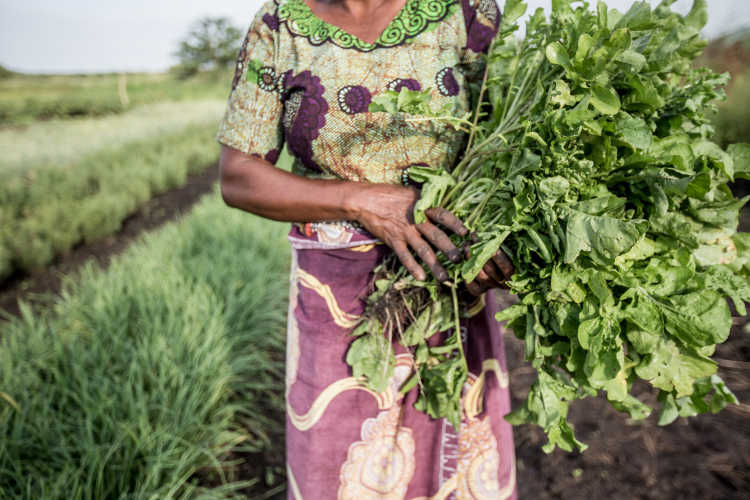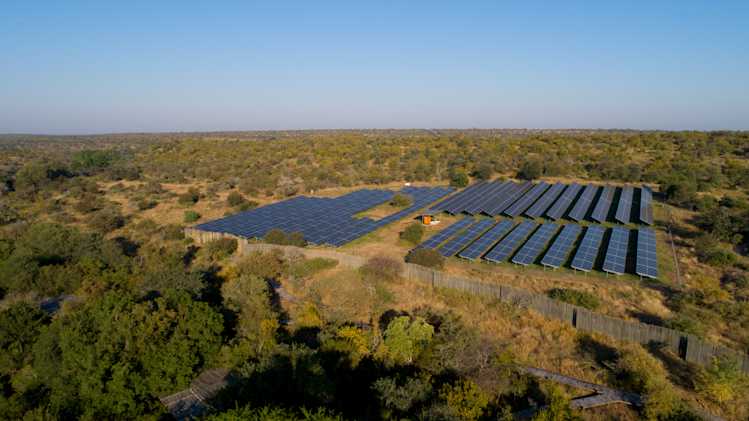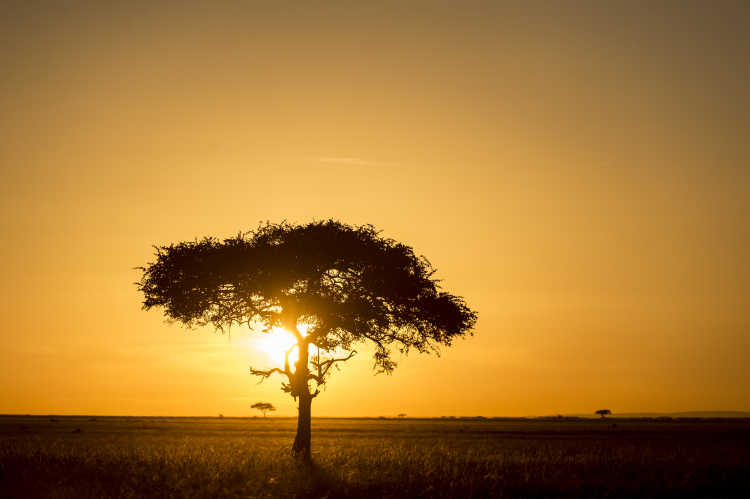Singita’s food offering is a core part of the guest experience, and its appeal extends well beyond beautiful menus. Our commitment to sustainability and upliftment is embedded in how our chefs source and prepare every ingredient, and we are ever mindful of our impact on our surrounding environment.
From providing our guests with delicious and nourishing fare to using seasonal fresh ingredients from small-scale local growers and training the next generation of cooking stars at Singita’s Community Culinary Schools, the underlying mindset across all of our regions is a dedication to making a positive impact – on the environment, as well as the communities living alongside the wilderness areas in which we operate.
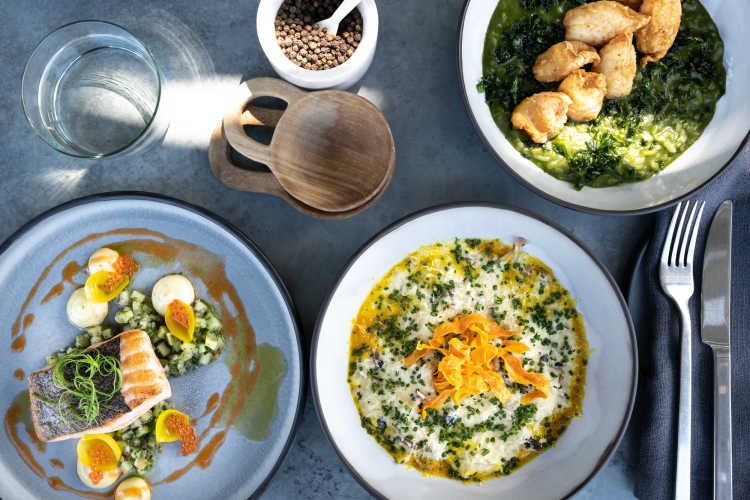
Sourcing responsibly & locally
Guided by the principles of the One Planet Living framework, we are committed to the use of sustainable and local food. We believe it’s critical to know our food producers, and sourcing on-site, or locally, is a great way to reduce our footprint and impact. All of our lodges and camps have herb or produce gardens, or access to one nearby. An inspiring example of how this works in practice is the story of David Shilabi, whose community gardens supply various Singita lodges in South Africa. His operation allows our chefs to source only what they need for the day, so not only is the produce always fresh, but it enables them to cut down on excess.
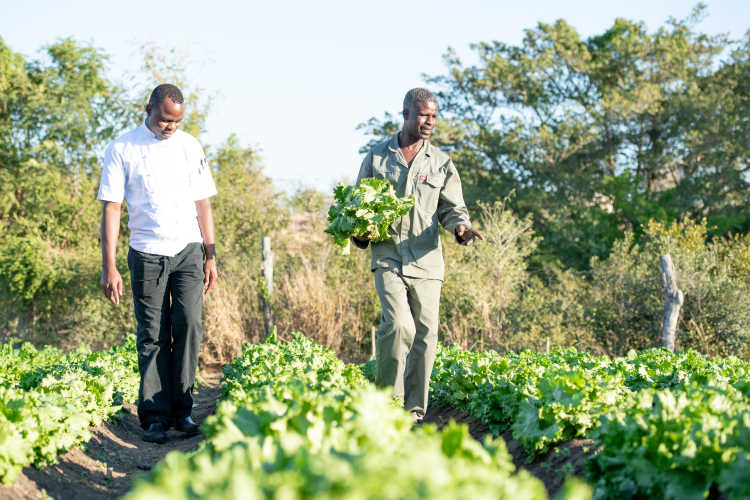
Sourcing takes other sustainable forms too, including foraging for ingredients rather than buying them in stores – for example, our culinary teams make cordials from local wild berries, or flowers like nasturtiums and chamomile to celebrate the local flora and bring our guests even closer to nature. At Singita Pamushana in Zimbabwe, mulberries from a tree in the garden are transformed into jam, while fish from the Malilangwe Dam and greens grown along its banks contribute to a truly local dining experience.
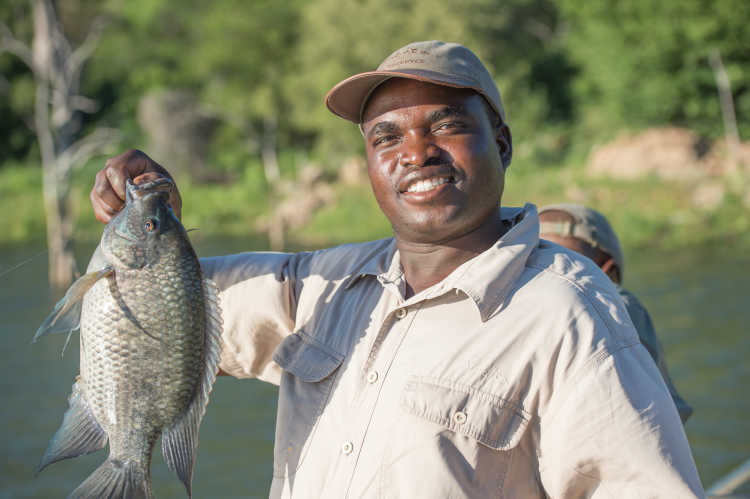
Waste not, want not
Addressing food waste is also key to our sustainability efforts – not only for environmental reasons, but also with a moral imperative in mind. As our lodges are located in countries where many people live in remote and rural areas where food security is a serious challenge, there is truly no justification for waste in this context.
Singita’s talented chefs are incredibly innovative and resourceful, and continuously deliver world-class cuisine showcasing local ingredients and inspiration, while doing their utmost to minimise food waste. Their efforts rely on resourceful management, proper storage and efficient planning – as well as careful ‘upcycling’ (food made with ingredients that aren’t typically used in cooking). Examples include using parsley stalks, onion peels and fish heads for stocks, broths and bisques; or turning vegetable peels or excess from the gardens into pickles, preserves, kimchi and dressings. Once all re-use options have been exhausted, any additional fresh produce will be composted, or seeds harvested for replanting.
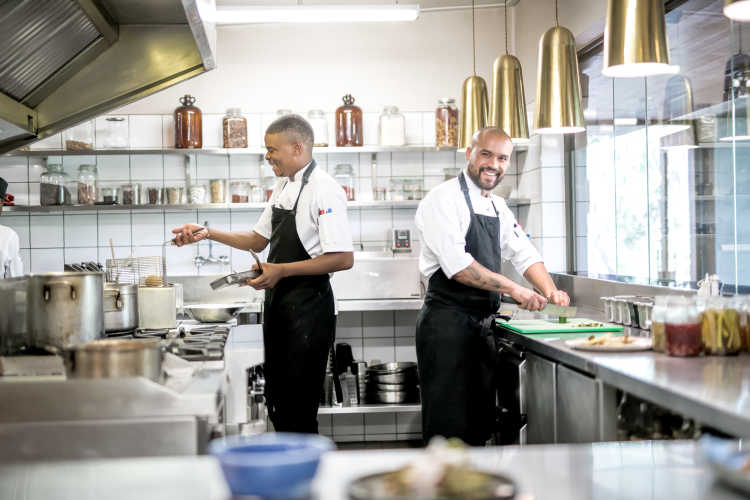
We also use wines past the 24-hour serving recommendation for cooking. Fruit that may be slightly overripe or bruised from displays is turned into sorbets, preserves, banana bread or, in Rwanda, into green and tree tomato juices, and unopened untouched milk or butter from game drives or butter from deli canteens is used for baking or cooking.
Employing a top-to-tail approach to our food journey, we use as many parts of our animal products as possible, and our chefs often opt for less common cuts of meat – a practice that relies on the skill and expertise of our teams.
Another way we encourage reduced waste is through menu design. With deli fridges offering guests the opportunity to snack and forgo bigger meals should they choose, it reduces the likelihood of larger meals being left uneaten. Additionally, some of our lodges have moved to a combined brunch rather than breakfast and lunch sittings to simplify and streamline choices.
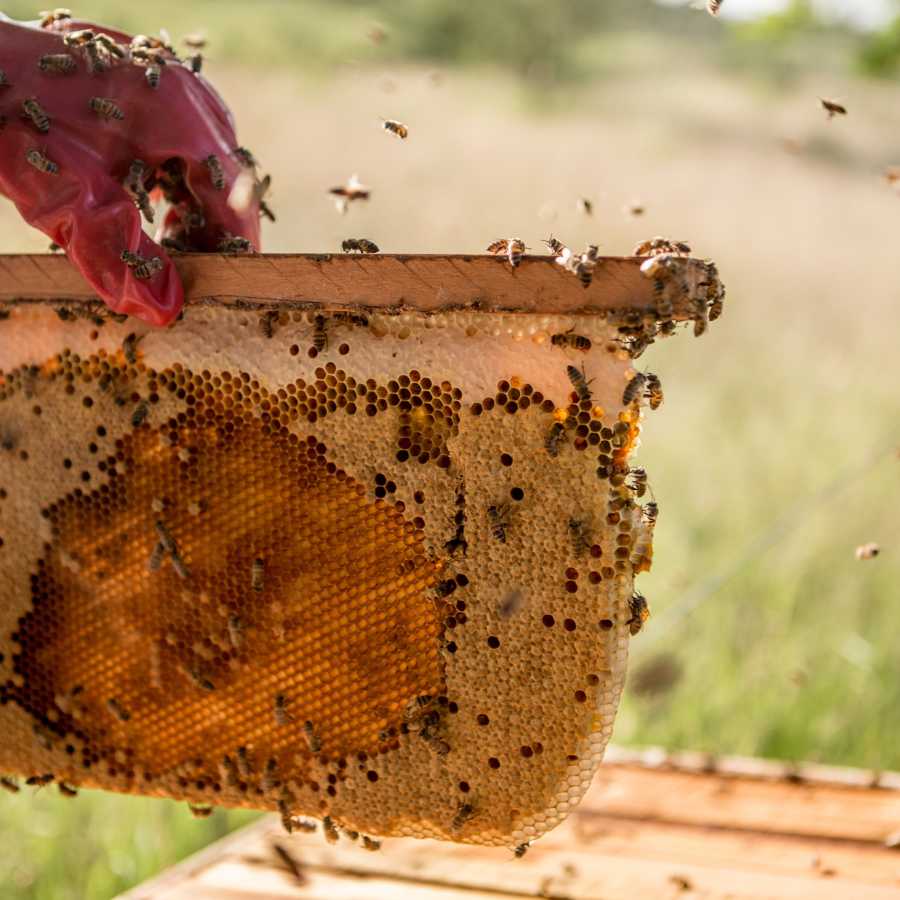
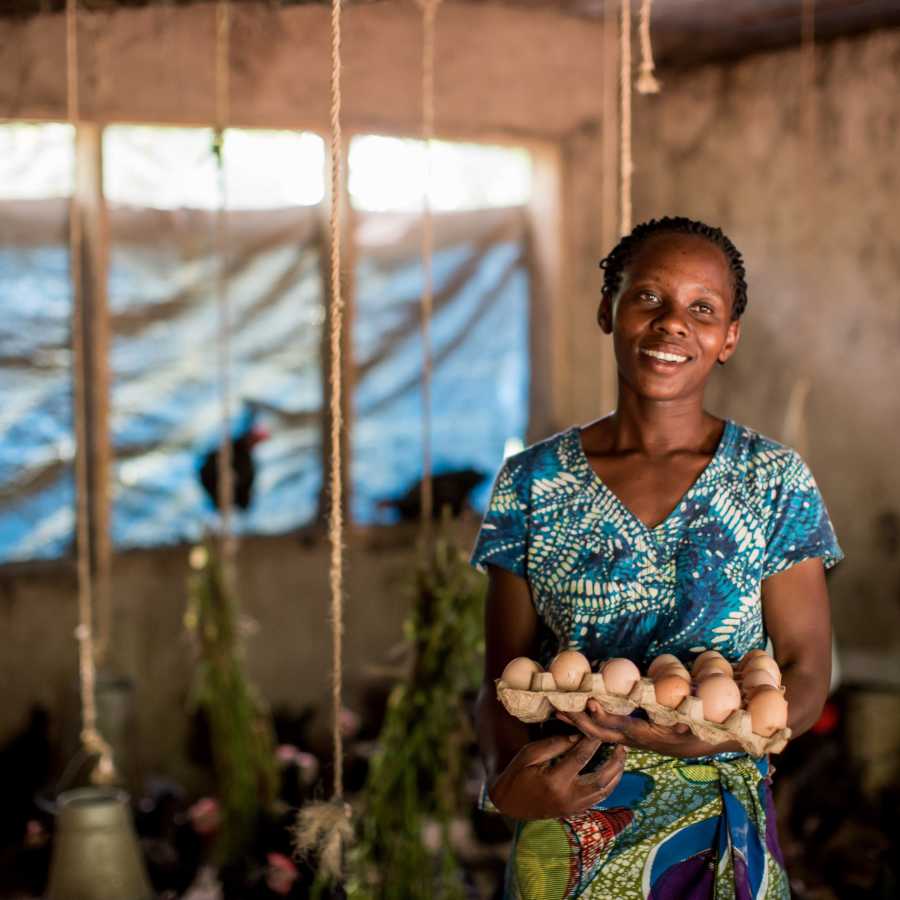
Striving towards an ecotourism ecosystem
With these practices forming part of our long-term goals to build a robust and sustainable model of ecotourism, our focus is on procuring local ingredients, supporting community enterprises and producers, and sourcing ethically – while tackling food waste. It allows us to not only serve fresh and delicious dishes to our guests, but also to rest easy in the knowledge that these empower us to stay true to our environmental and social commitments.
To learn more about our food philosophy, experiences and programmes, click here

